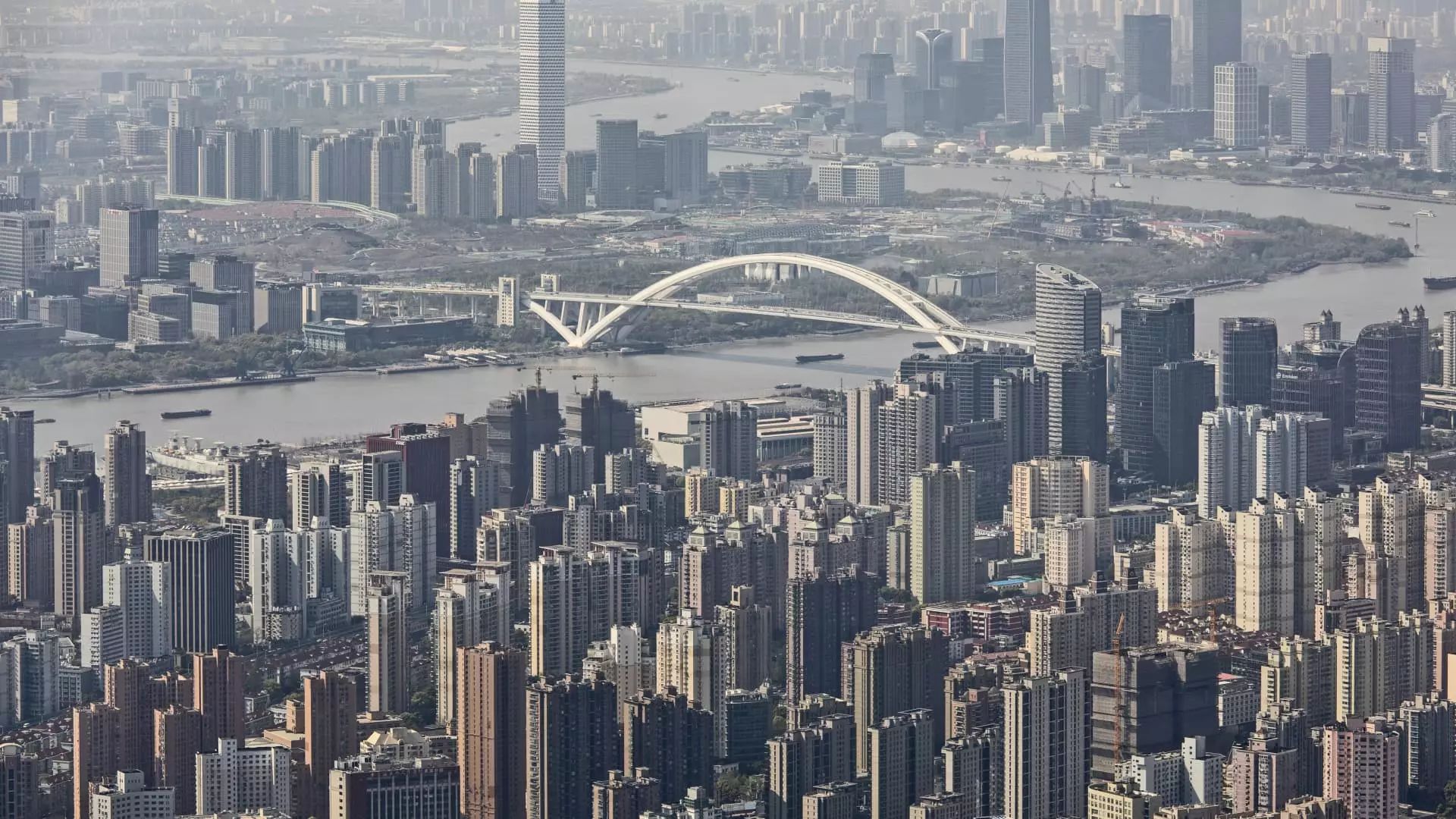China’s push for urbanization appears to be slowing down, which could have detrimental effects on the already struggling property sector, warns China economist Hao Hong. Hong points out that the construction of an excessive number of housing units for the Chinese population has contributed to the current challenges faced by the property market. Additionally, the rapid pace of urbanization over the past decade seems to be coming to a halt, further exacerbating the situation.
The property market in China has been plagued by dwindling consumer confidence, aggravated by the debt problems of major property giants such as Evergrande and Country Garden. Evergrande defaulted in 2021, following a liquidity crisis, and recently announced a delay in its debt restructuring meeting. Likewise, Country Garden is on the verge of defaulting. Hong emphasizes that two years ago, a staggering 18 trillion yuan ($2.46 trillion) worth of Chinese property was sold, making the current task of managing 10 trillion yuan this year, and even less in the future, a considerable challenge.
The downward trajectory of China’s property market continues, with August new home prices experiencing a month-on-month decline of 0.3%. This slump represents a 0.1% drop compared to the same period last year. The gravity of the situation is further underscored by the remarks of a former Chinese official, He Keng, who highlighted the issue of an oversupply of real estate. He warned that China’s population of 1.4 billion would struggle to fill the unoccupied apartments across the country. The mismatch between supply and demand poses a significant obstacle for the property market.
Despite the disappointing post-Covid economic recovery, there are glimmers of hope in August’s retail sales and industrial production data, which showed better-than-expected growth. However, Hong suggests that in order to achieve a more robust and sustainable Chinese economy, it is essential to reset expectations and rely less on the property sector as the primary driver for growth. This entails shifting focus to other industries that can contribute to the country’s economic rejuvenation. By diversifying its economic foundations, China can strive towards a healthier and more prosperous future.
China’s urbanization drive, once a driving force behind the property sector, appears to be tapering off. The oversupply of housing units, coupled with a slowdown in urbanization, has severely impacted the property market. The struggles faced by major property players and the decline in property prices all contribute to the challenges ahead. However, by reevaluating priorities and fostering growth in other industries, China can pave the way for a more resilient economy. Although the road to recovery may be long and arduous, it is necessary for the sustained prosperity of the Chinese people and the nation as a whole.


Leave a Reply